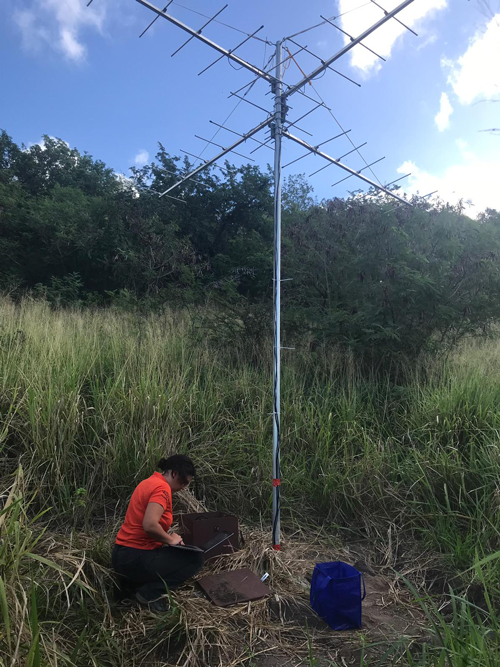Incorporating One Health
Click to learn about how the experts below incorporate One Health in their work.
Jennifer K. Ketzis
Much of my research is focused on veterinary parasitology which at first glance does not seem to be a One Health issue. However, healthier animals can mean more efficient livestock production which can decrease the impact of livestock production on the environment. Also, decreasing the cost of production can decrease the cost of meat (protein) for people. Therefore, when considering alternative parasite control measures, the impact on production cost, food cost, nutritional needs, all must be considered. When conducting farmer training on alternative parasite control measures, I think it is important that these greater impacts are discussed.
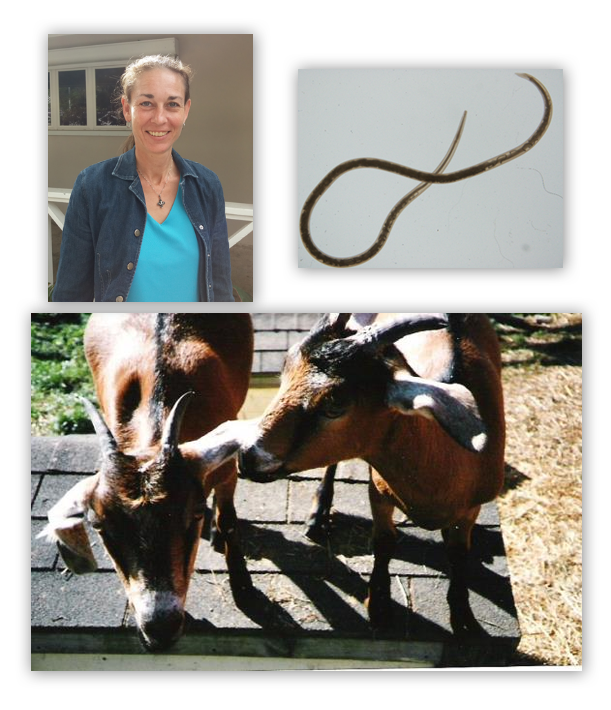
Dr. Emma Hobbs
The zoonotic nature of Taenia solium (the pork tapeworm) demands a One Health approach, tackling the human and pig hosts of the parasite as well as addressing the environmental considerations. Sociocultural considerations are also crucial, as there are many cultural and behavioural practices affecting disease transmission in endemic areas, so understanding and addressing these is key for success of intervention programs. And last but not least, education is so important to make sure that people are aware of the parasite, and are empowered to make behavioural changes that prevent disease transmission and protect the health of themselves and their families.
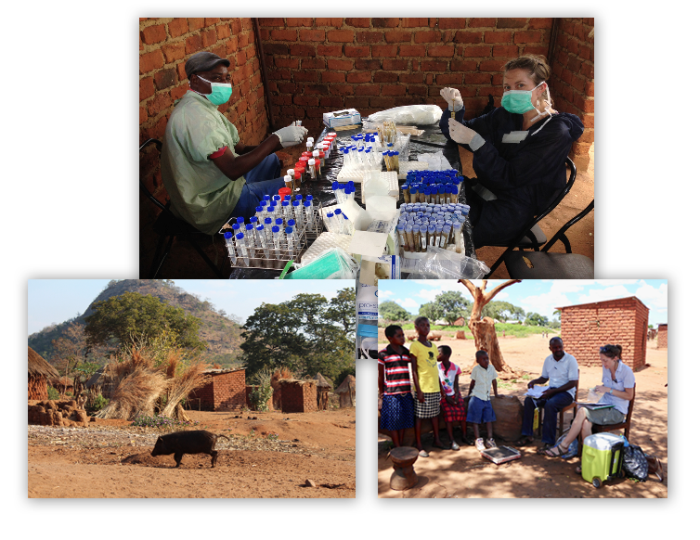
Dr. Christa Gallagher
My research focuses on using Health promotion and Harm Reduction to help with complex One Health issues at the human-wildlife interface. My current research focuses on the St. Kitts monkey problem- which involves issues like agricultural crop raiding and food insecurity, animal welfare, tourism and public health concerns. These issues involve the people who live on and visit St. Kitts, the African green monkey population, and the island environment we share.

Dr. Uffe Christian Braae
A One Health approach is a central part of my research and is incorporated by combining both veterinary medicine and public health within the same study designs.
My research primarily involves zoonotic foodborne pathogens present in humans, animals, food items, and the environment, and therefore requires an OH approach in order to elucidate all aspects of a given research question.
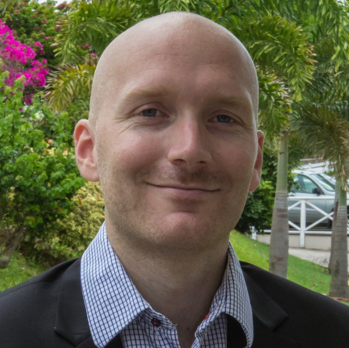
Dr. Anne A.M.J. Becker
We live on a microbial planet and as a microbial ecologist, I study the symbiotic relationship between microorganisms, their hosts and environment. The One Health concept stresses ecological relationships between human, animal and environmental health, and microbial organisms show me on a daily basis how much we are actually inextricably connected. Understanding the implications of microbiome relationships between the environment and the health of humans and animals inhabiting it opens the potential for innovative, collaborative and holistic approaches to diagnosis, treatment, and intervention.
Research focus at RUSVM: Studying the coral associated microbiota in a rapidly changing ocean environment to provide data on coral health, survival and resilience. This can in turn aid in protecting and promoting marine life and coral reef health, which influences again the livelihood and health of many humans depending on our ocean’s reefs.
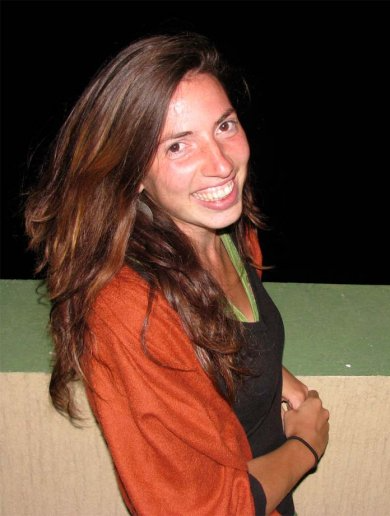
Dr. Anne Conan
I consider that One Health encompasses completely my research. I am a vet epidemiologist specialized in zoonoses in low-income area. I am interested in the impact of domestic animal health on human health (rabies, food security). I study also wild animal populations to improve animal and human health and conservation strategy.
